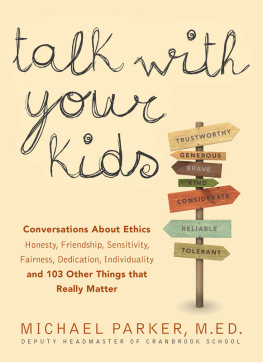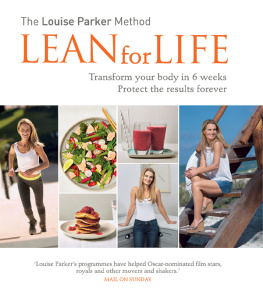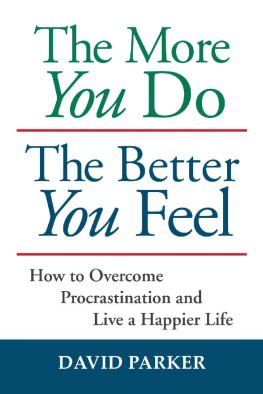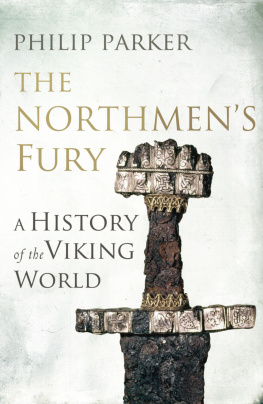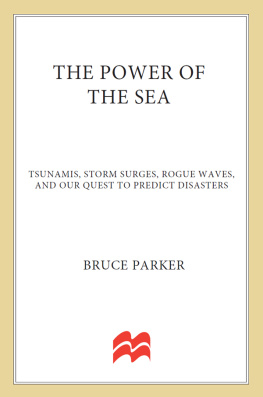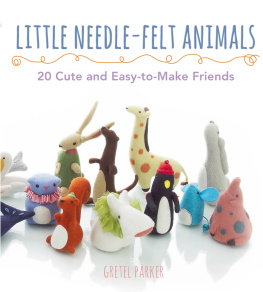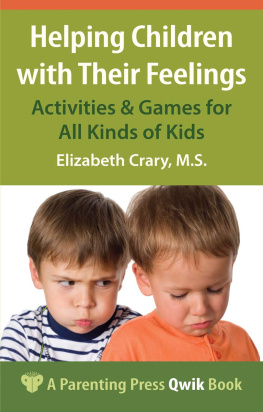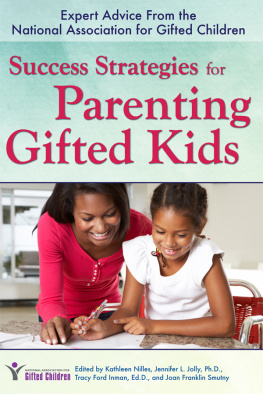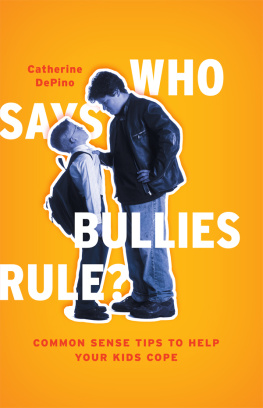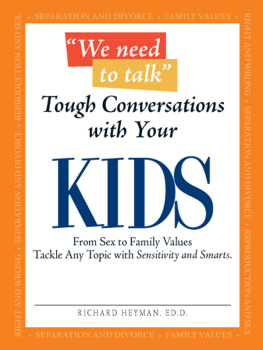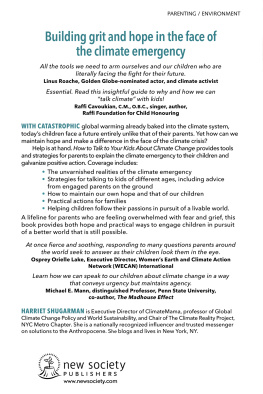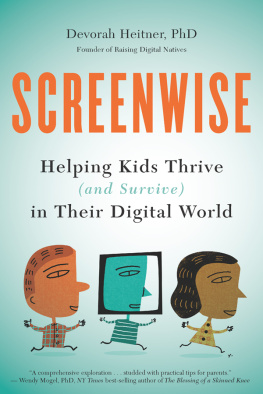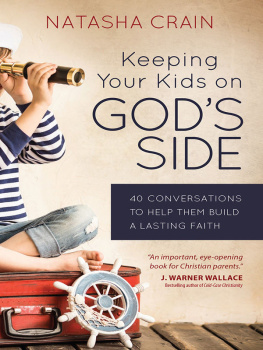
FOR FIONA
ACKNOWLEDGMENTS
Jeremy Madin and Helen Nugent at Cranbrook for their backing of this program from the outset. Jane Curry Publishing and the people at Black Dog and Leventhal for picking up the idea and running with it. Phillip Cam, Sandy Lynch, and all those in the Philosophy in Schools Association over the years. Rod Farraway, Christophe Gauchat, Peter Hipwell, Anne Robertson, and all those who have helped in their discussions relating to these conversations. Thanks also to Jonah Darling for many of the photographs and to Jill Corcoran, my agent. My parents and my teachers for giving me whatever ethical sense that I may have. My wife Fiona for many conversations about Conversations. And to my children Julia and Elena.
A percentage of author royalties from the sale of this book goes to fund Cranbrook/Jeremy Madin School in the foothills of Nepal.
Note: A version of many of these materials form the base of the Ethics program at Cranbrook School in Sydney, Australia. I thank the hundred teachers and the thousand students who have had these discussions and given me such useful feedback. In particular I thank the several hundred boys who have challenged me in 109 and more ethics conversations over the past four years.
Originally published by Jane Curry Publishing under the title Ethics: 101 Conversations to Have with Your Kids
Copyright Michael Parker, 2012
All rights reserved. No part of this book, either text or illustration, may be used or reproduced in any form without prior written permission from the publisher.
eISBN: 978-1-6037-6336-3
Library of Congress Cataloging-in-Publication Data on file at the offices of Black Dog & Leventhal Publishers, Inc.
Published by Black Dog & Leventhal Publishers, Inc. 151 West 19th Street New York, New York 10011
Distributed by Workman Publishing Company 225 Varick Street New York, New York 10014
Photography: Jonah Darling; stock.xchng; and Shutterstock.com
Talk With Your Kids
109 CONVERSATIONS ABOUT ETHICS AND THINGS THAT REALLY MATTER
MICHAEL PARKER

CONTENTS
INTRODUCTION
WHY THIS BOOK?
Your child may be smart but is he or she good?
Many families and almost all schools spend a great deal of time academically developing their children. This is a good thing. Yet I think it is at least as important for us to all think consciously about how we ethically develop the next generation to be decent members of society. This development already bubbles under the surface in homes and schools, but we can make this development break through the surface and become explicit. This can be done with lots of complex problems, lots of the wisdom of the ages, and lots of independent thinkingall of which this book serves up.
WHERE DO CHILDREN GET THEIR VALUES?
Of course, I must start with the observation that if you dont own this book, your children are not necessarily destined to become unethical brutes. Children learn their ethics from all parts of the world around them: sometimes from school, their friends, their church, their sports team, or their ballet class. Children dont learn ethics by getting it in a handbook.
The main place that a child learns his or her system of ethics is from the home (no pressure, Mom and Dad.) This should come as no great surprise to anyonehome is where a child spends most of his or her formative years.
Children will learn consideration from how considerate their parents are. They will learn empathy from how much their parents care. They will learn generosity from watching how generous their parents are to others. It has always been so. In addition, basic ethics are still delivered by parents in everyday interactions. Share that toy with your sister, Wait your turn are all ethical instructions, taught in an unremarkable way in most homes a dozen times a day.
Ethically strong parents still can have children who cheat, lie, and push old ladies over in the streetafter all parents are not a childs only source of instruction. However, the positive example of parenting is invaluable.
While this basic, practical, moral education has remained the same, what has changed in the last generation or two is the way in which ethics has been transmitted explicitly. Several major shifts have occurred.
Firstly, outside organizations such as churches often no longer play such a strong role in a childs life. Many religions in particular preach about how to live and the ethical statements they make are fundamental, involving charity, generosity, care, and purposefulness, for example do unto others as you would have done unto yourself. However, the ethical teachings of religion as a moral compass are something that many children dont get anymore. You dont have to subscribe to any of the major religions theistic beliefs to appreciate the value of many of the moral statements they taught.
Secondly, some parents now feel they have lost their authority to push ethical concepts on their children. Expecting or imposing firm ethical standards can make you feel like an old fashioned authoritarian; not merely copying your own parents, but copying your great great grandparents. And this hardly gives you street cred with your child or their friends. For example, insisting that responsibilities are as fundamental as rights in a functioning society (e.g. this house) may sound like nineteenth century twaddle. However, insisting that the responsibility to do some housework is the flip side of the right to live in a house that is not a cesspit is important.
Also, saying that all opinions are equally valid is often a cheap way of getting parents and teachers off the hook when the ethical questions get tough. This started several decades ago when, in some quarters, whatever values the child developed were acceptable. For example a child might say My values are to look after only number one and trample whoever else is down, and for authority figures to intervene in this would be indoctrination. However, I think it is clear that not all ethical positions are equally good and that some values are better than others. Again, to use an example, when a small new boy turns up at your daughters school without food it is NOT ethically equivalent for your daughter to share her lunch or punch him in the face. One is kind and the other is mean. Very little your child may reason to the contrary will change this fact. How to deal with this in a nuanced way in conversations is something I raise later, under conversations with the ethically challenged child.
SO WHAT VALUES ARE WORTHWHILE?
In discussing the questions in this book with your children, you are no doubt hoping that they come to hold a good set of values. Sometimes though it can be tough to put your finger on exactly what some of those values might be. I have listed some values that you would probably want your children to keep developing as they get older (they also appear in ).
Its unrealistic to expect someone to have all of these values. And you dont want to go over the top with some of them eithertoo much assertiveness for example can be a bad thing. Nonetheless it is a handy list to keep in mind.
Acceptance
Appreciation
Assertiveness
Awe
Benevolence
Caring
Charity
Cheerfulness
Commitment
Compassion
Confidence
Consideration
Contentment
Co-operation
Courage
Next page
